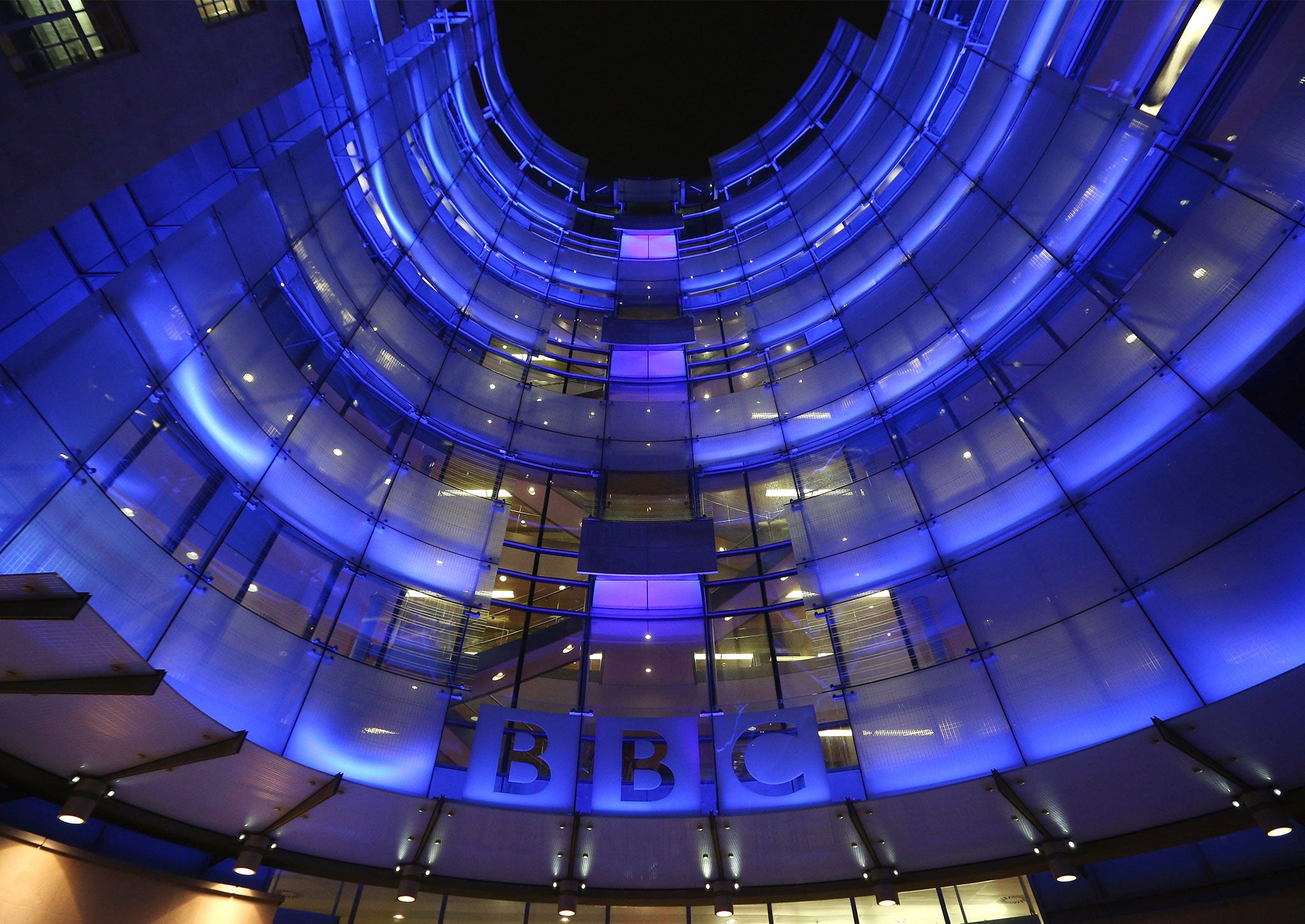We can no longer justify paying the licence fee when the BBC wastes so much money on expenses
Since January, senior managers have claimed over £60,000 a month

Your support helps us to tell the story
From reproductive rights to climate change to Big Tech, The Independent is on the ground when the story is developing. Whether it's investigating the financials of Elon Musk's pro-Trump PAC or producing our latest documentary, 'The A Word', which shines a light on the American women fighting for reproductive rights, we know how important it is to parse out the facts from the messaging.
At such a critical moment in US history, we need reporters on the ground. Your donation allows us to keep sending journalists to speak to both sides of the story.
The Independent is trusted by Americans across the entire political spectrum. And unlike many other quality news outlets, we choose not to lock Americans out of our reporting and analysis with paywalls. We believe quality journalism should be available to everyone, paid for by those who can afford it.
Your support makes all the difference.The Scottish independence referendum may be over, but feelings continue to run high. Mutterings about the BBC’s less than impartial coverage are also becoming louder and may – or may not – become an issue on their own.
During the final week before the nail-biting poll the BBC slipped out figures which, in normal times, would have made the front pages. For, while making hundreds of reporters redundant, ostensibly to save licence fee-payers money, senior BBC news managers were spending tens of thousands on luxury trips.
Director of news James Harding – former editor of The Times – treated himself to a £4786.55 flight to Bangkok. BA flies to Thailand for under £630 return. The “head of newsgathering” Jonathan Munro managed to spend £4628.55 on a flight to Washington DC, which BA offers for under £500 return.
Altogether, managers above grade 11 claimed expenses totalling £180,270 between January and March of this year, which is over £60,000 a month. It is an increase on the previous quarter's £173,946, at a time when the Corporation has been stating its intention to cut costs.
Some £21,720 was spent on taxis, £49,783 on train travel and £59,201 on flights. Disgraced former HR director Lucy Adams, a hate figure at Broadcasting House who was torn to shreds by Margaret Hodge when questioned by the Public Accounts Committee, still managed to charge the BBC £435.16 for a “leadership team working dinner”.
So will Director General Lord Tony Hall show the leadership he – and soon-to-retire chairman Lord Chris Patten – promised by clamping down in these unseemly extravagances? Not likely. Hall himself claimed more than £5000 for flights to and within Asia during the first three months of this year.
The BBC has strict protocols which allow staff to travel Economy Class only. Business Class flights may be authorised in exceptional circumstances only, such as travel to war zones where a journalist would be expected to start works as soon as he/she hits the ground. Yet Peter Horrocks, the outgoing “director of global” (whatever that may be), claimed £2582.87 for a trip to Ghana and Seattle. He also claimed a £3 parking ticket.
A BBC spokesperson responded by saying: “There are essential costs incurred in the running of a major broadcasting organisation. We are mindful we are spending public money and aim to drive down spend wherever possible.”
This is a classic non-response, which will remind many of the sincerity of “your call is very important to us,” spoken by a machine and often followed by a very long wait on the line. It may also remind many of the condescension employed by government departments and large public sector organisations to excuse waste, extravagance and non-accountability when their indulgences are questioned.
In the 1980s Professor Sir Alan Peacock, who founded the Edinburgh-based David Hume Institute, produced an eponymous report which recommended that the BBC should be funded not by a compulsory licence fee, but by voluntary subscription. The recommendations were never implemented, due to Margaret Thatcher’s opposition. More recently the excellent idea has been revived.
Making the BBC pay its own way is exactly what it – and we – need, and soon. A decision to move towards this seems to only way to curb the excesses of its senior managers – and much else besides. The main parties should use the successful “Better together” slogan to unite behind an idea whose time has certainly come.
Join our commenting forum
Join thought-provoking conversations, follow other Independent readers and see their replies
Comments